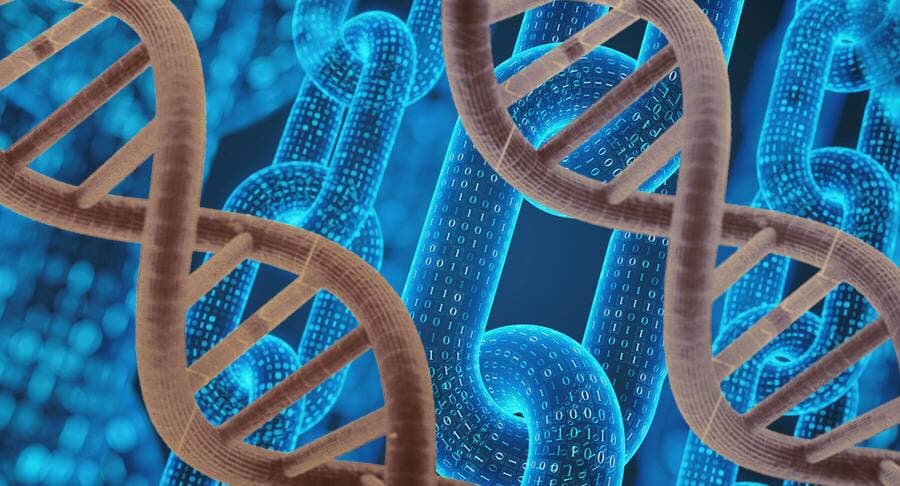Researchers Propose Using Blockchain to Create Artificial Life
Scientists from the United States and Hungary believe that the Ethereum blockchain is similar to living organisms. According to a publication in the journal Origins of Life and Evolution of Biospheres, as reported by TJournal, the researchers suggest that any living organism can be described as a distributed computational system based on blockchain technology.
Blockchain is a distributed, decentralized database structured as a continuous chain of blocks containing information. These blocks are linked together using cryptographic functions, allowing new blocks to be added but making it virtually impossible to delete or alter existing ones. This is because the blockchain is typically duplicated across thousands or even millions of computers in the network.
Based on their observations of the Ethereum blockchain, the scientists note that it exhibits several characteristics typical of living organisms: it grows, maintains its integrity, responds to its environment, self-regulates, and replicates itself. For example, the duplication of the blockchain on every computer in the network is analogous to the duplication of DNA in every cell of an organism. Additionally, when the network’s computing power changes, the blockchain automatically adjusts its computational complexity to match.
There are also significant differences between living organisms and blockchains. For instance, genes in DNA contain only instructions (whereas blockchain blocks contain both instructions and data), and genes can be changed or deleted during evolution (while blockchain blocks can only be added). However, the researchers argue that these differences are not fundamental and do not make blockchain fundamentally different from living organisms.
Moreover, these differences may actually put biological life at a disadvantage. Artificial organisms could be faster, more accurate, and more resistant to damage. They could create groups of specialized “cells” (new “organs”) as needed and would not age.
The authors of the study believe that blockchain is an ideal environment for creating an artificial organism that could exist indefinitely, dynamically manage its own evolution, and pass on acquired knowledge and skills to its descendants.



